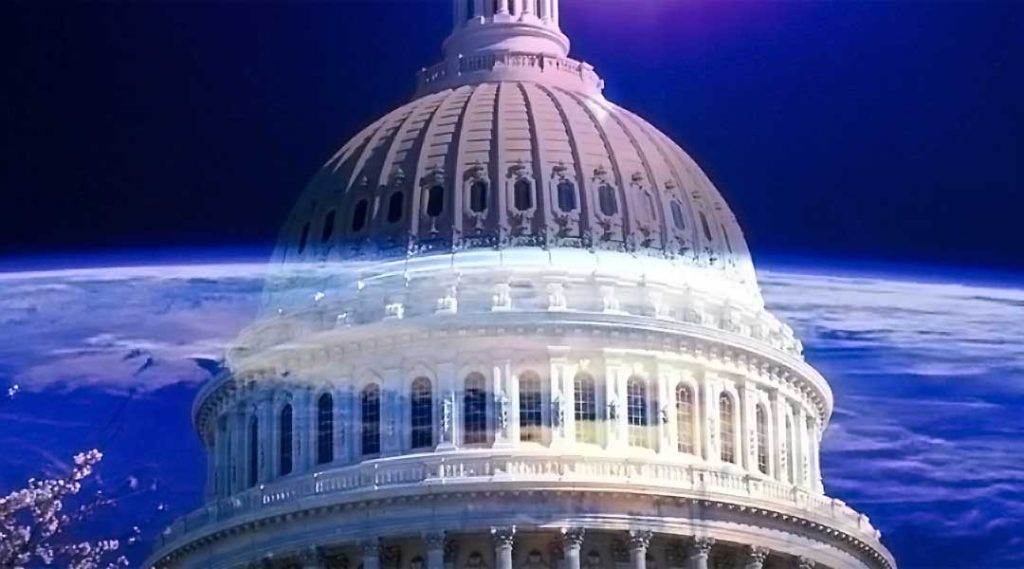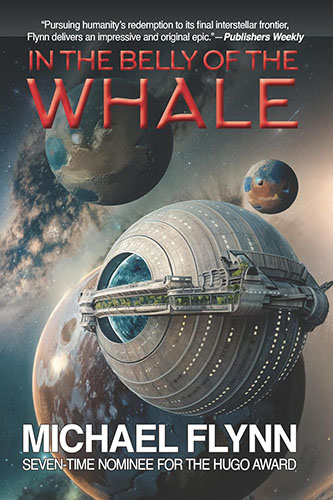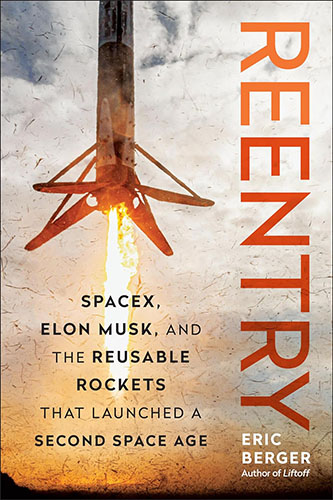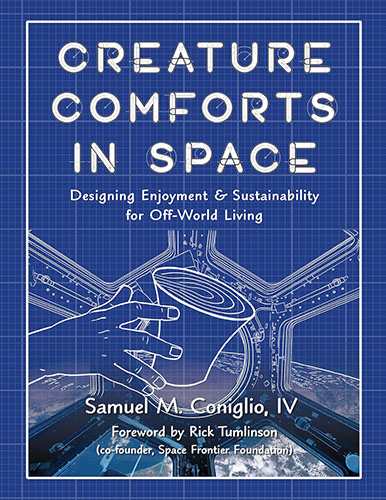By Grant Henriksen and Jonathan Dagle, NSS Policy Committee
The Global Spaceport Alliance (GSA) has put forth a legislative proposal entitled the “Commercial Spaceflight Operations Act of 2024.” GSA’s proposal aims to strengthen the nation’s position in space by supporting “the licensing and operation of commercial space transportation systems and spaceports.” This would be accomplished by establishing a new commercial space transportation administration, creating a commercial spaceflight research alliance, creating a national spaceport network, and adopting a national spaceport policy, among other provisions. The National Space Society (NSS) is generally supportive of provisions in GSA’s proposed Commercial Spaceflight Operations Act of 2024, including improving spaceport infrastructure and supporting point-to-point transportation through space.
The GSA proposed legislation would create the Commercial Space Transportation Administration within the Department of Transportation. The Administration would have regulatory powers related to commercial space transportation safety. The proposed legislation also would establish an Assistant Secretary for Commercial Spaceflight position under the Department of Transportation.
The GSA proposed legislation would also establish a Commercial Spaceflight Research Alliance that is operated by a consortium that would be formed by a university, nonprofit, or not-for-profit organization. Activities of the consortium would include: facilitation of data-sharing related to commercial spaceflight, seeking broad consortium membership and participation from both domestic and international stakeholders, seeking to maximize cost sharing and enable the commercialization of private sector products and services, and promoting voluntary consensus standards and best practices for commercial spaceflight.
The GSA proposed legislation would add a section to Federal law establishing a national spaceport policy stating that “The U.S. Government strongly supports the development and operation of a National Spaceport Network, consisting of commercial, government, and privately-operated launch and reentry sites, that will allow assured access to space for all users, while enabling the United States to: (1) Satisfy national security requirements; (2) Maintain technological leadership; (3) Enable international competitiveness; and (4) Provide inspiration for students and the development of a robust aerospace workforce.”
The GSA proposed legislation provides a mechanism for the Space Transportation Infrastructure Matching Grants Program to make project grants to support projects that will improve space transportation infrastructure and operations.
The GSA proposed legislation adds language that Congress supports point-to-point transportation through space for both national security and economic reasons, and that the U.S. must be the lead in developing such transportation capabilities. Also, a report must be submitted to Congress that assesses potential barriers to hypersonic and suborbital vehicles being used for point-to-point transportation, identifies necessary legal changes to allow such operations, and recommends flight trajectories and/or corridors that could be used for vehicle testing and demonstrations for point-to-point transportation.
While NSS is generally supportive of the provisions in this legislative proposal, there are some concerns. There is no mention of the existing Office of Commercial Space Transportation (AST) under the FAA, and its role after the creation of the new administration is not clear. Additionally, NSS is concerned that the $25,000,000 threshold for qualifying as “unusually burdensome regulation” is too high. The space sector is home to many small businesses who could be unusually burdened by regulations with less monetary impact than $25,000,000.
Another concern is that there are few details regarding the purview of the proposed new Commercial Space Transportation Administration. This is a critical time in the future regulation of space activities with debate currently happening regarding the Commercial Space Act of 2023 (H.R. 6131) and a competing National Space Council legislative proposal. NSS supports the provisions of the Commercial Space Act of 2023. The Department of Commerce, with its Office of Space Commerce, is the right agency to regulate, authorize, and supervise novel space activities. This direction would clearly define a single responsible agency for licensing future space activities while ensuring authorization and continuing supervision as required by the Outer Space Treaty. This certainty will benefit government and commercial stakeholders and help to ensure continued U.S. leadership in space.
The NSS position on the new Commercial Space Transportation Administration proposed in the GSA’s Commercial Spaceflight Operations Act of 2024 is to limit its purview to launch, re-entry, and point-to-point Earth transportation activities.
For the detailed legislative language, visit the Global Spaceport Alliance website.




















